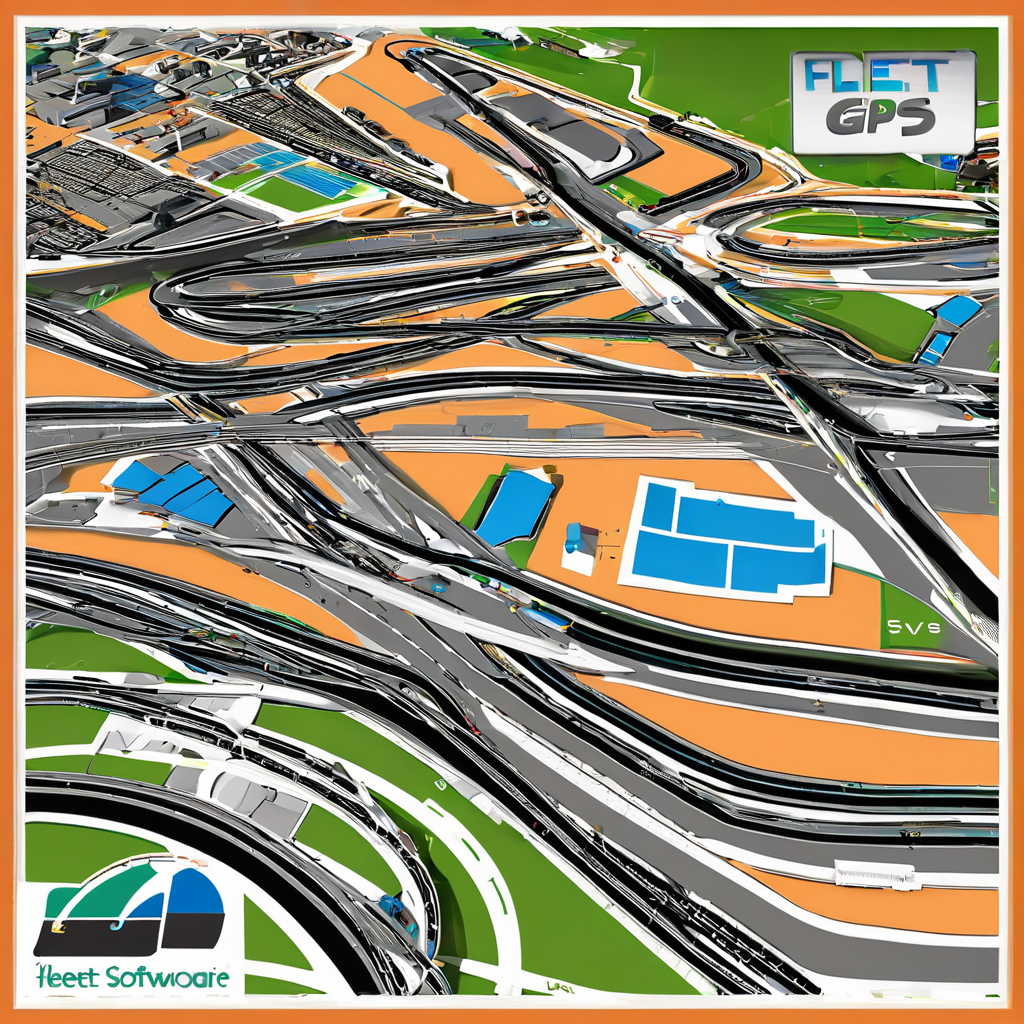Fleet management has significantly evolved with the integration of advanced technology, particularly fleet software GPS. This innovative software solution has revolutionized the way businesses manage their fleet operations, providing real-time tracking, monitoring, and optimization capabilities. In this article, we will delve into the intricacies of fleet software GPS and its impact on the efficiency and productivity of modern fleet management.
One of the key benefits of fleet software GPS is its ability to provide real-time tracking of vehicles within a fleet. This feature allows fleet managers to monitor the exact location of each vehicle at any given time, enabling them to make informed decisions regarding routing, scheduling, and dispatching. Real-time tracking also enhances security measures by enabling quick response in case of emergencies or incidents on the road.
Beyond real-time tracking, fleet software GPS offers comprehensive monitoring capabilities that extend to vehicle performance metrics. By collecting and analyzing data on fuel consumption, engine status, and driving behavior, fleet managers can gain valuable insights into the efficiency and health of their fleet. This data-driven approach allows for proactive maintenance and optimization strategies, ultimately leading to cost savings and improved operational performance.
In addition to tracking and monitoring, fleet software GPS plays a crucial role in route optimization and navigation. By leveraging GPS technology, fleet managers can create optimized routes based on factors such as traffic conditions, distance, and delivery schedules. This not only reduces fuel consumption and emissions but also improves overall efficiency by minimizing idle time and unnecessary detours.
Furthermore, fleet software GPS facilitates effective communication and collaboration among drivers, dispatchers, and managers. Through the integration of communication tools and messaging features, stakeholders can stay connected in real-time, enabling seamless coordination of tasks and assignments. This enhanced communication network fosters teamwork and ensures timely responses to changing circumstances.
Another notable feature of fleet software GPS is its ability to generate detailed reports and analytics on fleet performance. These reports provide valuable insights into key performance indicators such as fuel efficiency, driver behavior, and maintenance costs. By analyzing this data, fleet managers can identify trends, pinpoint areas for improvement, and make data-driven decisions to optimize fleet operations.
Moreover, fleet software GPS enhances driver safety and compliance by monitoring and recording driver behavior in real-time. By tracking metrics such as speed, harsh braking, and acceleration, fleet managers can identify risky driving habits and implement corrective measures to promote safe driving practices. This proactive approach not only reduces the risk of accidents but also ensures compliance with industry regulations and standards.
Beyond operational benefits, fleet software GPS contributes to sustainability efforts by promoting eco-friendly driving practices. Through features like eco-routing and idle-time monitoring, fleet managers can minimize fuel consumption, reduce emissions, and lower their carbon footprint. This environmentally conscious approach aligns with global sustainability goals and positions businesses as responsible corporate citizens.
Furthermore, fleet software GPS is continuously evolving with advancements in technology, incorporating features such as predictive maintenance, machine learning algorithms, and integration with Internet of Things (IoT) devices. These innovations further enhance the capabilities of fleet management systems, enabling predictive insights, automation of tasks, and seamless connectivity with other smart devices.
In conclusion, fleet software GPS is a game-changer in the realm of fleet management, offering a myriad of benefits that improve efficiency, productivity, and sustainability. By harnessing the power of real-time tracking, monitoring, optimization, and analytics, businesses can streamline their operations, reduce costs, enhance safety, and drive towards a more sustainable future. Embracing fleet software GPS is not just a technological advancement but a strategic imperative for businesses looking to stay competitive and future-ready in the dynamic landscape of fleet management.
